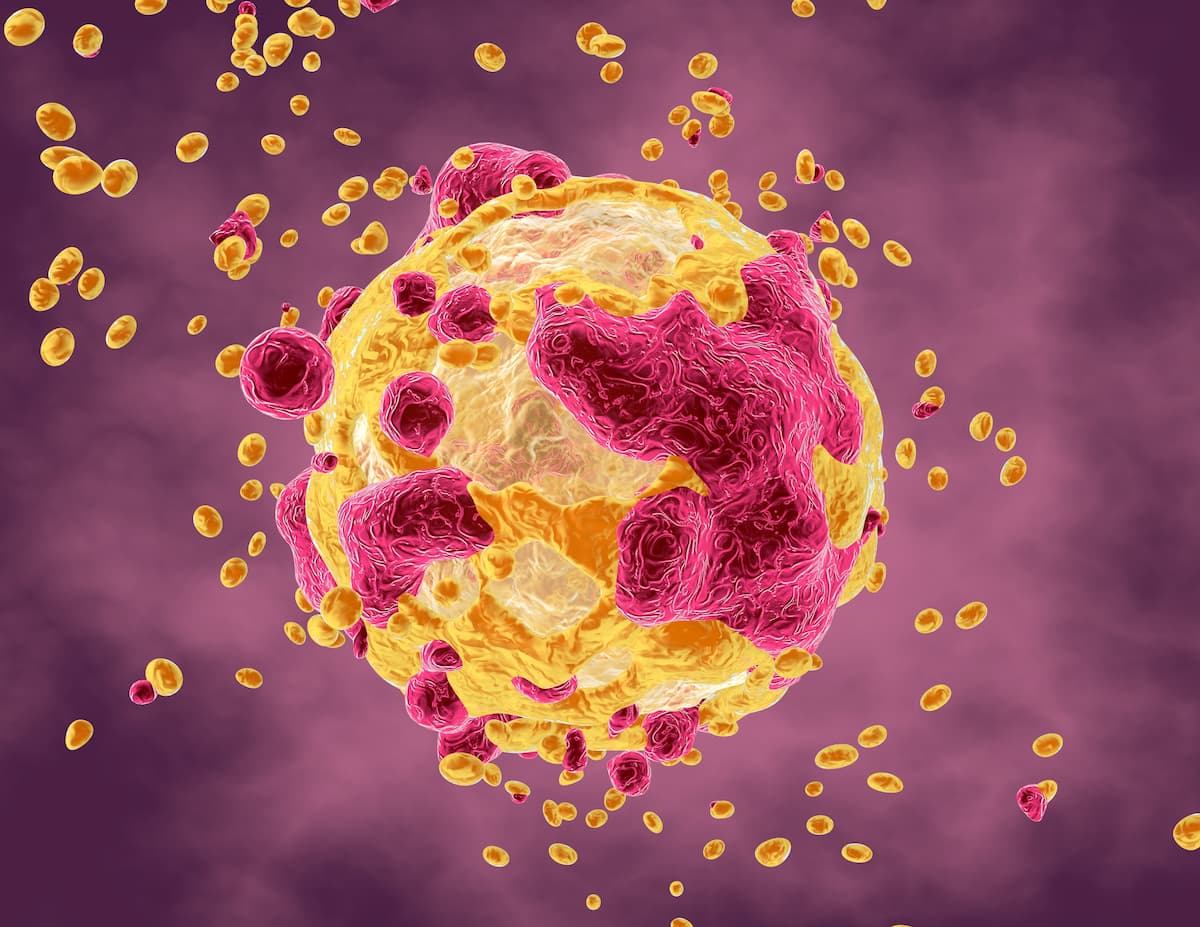Survey Highlights Need for Mental Health Support Throughout Cancer Continuum
Lack of access to adequate mental health care affects both patients and survivors of cancer who experience significant burdens, highlighting a need for normalization, according to a licensed clinical social worker.
Critical mental health care can often be inaccessible to patients with cancer who tend to experience severe emotional distress both during and after diagnosis, treatment, and recurrence, even occuring in those who are disease free, according to survey data collected by the Cancer Cupport Community and published in a press release from BeiGene.
Survey data indicated that barriers to effective mental health care for patients with cancer included feeling as if one could not afford the cost of treatment, uncertainty regarding where to find care, and difficulty taking time off work.

Among more than 600 patients with cancer who responded to an online survey, 60% were never referred to a mental health professional by their cancer care team. Moreover, approximately 2 of 5 patients who actively sought such care never received any.
Many patients reported using medication for anxiety or depression—41% and 34%, respectively. Moreover, one-third of surveyed patients did not receive professional counseling for emotional and mental health concerns.
“[This research shows] that we need to continue to normalize mental health [care] alongside medical care, and [reduce] barriers to access,” Nicole Peeke, LCSW, ACHP-SW, a licensed clinical social worker at Patients, Partners, and Providers Working Together: A Strengths-Based Brain Cancer Program, in an interview with CancerNetwork®. “Physicians and their staff [need] to treat...the whole person...[and] not just the cancer.”
The survey identified a broad array of barriers to effective mental health care among respondents, including attitudinal and instrumental barriers as well as stigmas.
The most prominent attitudinal barrier was a desire among respondents to solve the problem on their own, which affected 45%. Some patients also felt that their mental health concerns would improve with no intervention (24%) or had concerns about the available treatments such as adverse effects from drug (22%).
Around one-quarter (26%) of respondents felt they were unable to afford the cost of treatment; other instrumental barriers included uncertainty regarding where to find care (19%) and difficulty taking time off work (12%).
In terms of stigmas, 16% of respondents were concerned they would appear weak to others, 13% didn’t want mental health care on their medical records, and 12% felt embarrassed or ashamed at the idea of accepting mental health care.
“If the physician brings up [mental health], it really normalizes it. That's a really good way to incorporate [mental health needs] into medical care,” Peeke said. “A physician can start the conversation and [recommend patients to] contact their insurance, [tell them the] best way to start a mental health referral, or refer them to a social worker or cancer advocacy organization in their community.”
However, a desire for increased access to mental health resources was common. While nearly half (48%) of all respondents were prescribed depression or anxiety medication, many expressed a desire for other activities to reduce stress and improve well-being. The most prominent desired activities were exercise (66%), meditation classes (62%), nutrition programs (61%), and support groups (60%).
In an effort to help improve mental health support, quality of life, and health outcomes for patients with and survivors of cancer, BeiGene’s has launched the comprehensive Talk About It: Cancer and Mental Health program. The program—intended for caregivers, healthcare professionals, and policymakers—seeks to provide empowerment strategies, inspire conversations around public policy, and create robust health equity initiatives across the cancer continuum.
Reference
New Talk About It resources aim to accelerate integration of mental health into quality cancer care. News Release. BeiGene. February 3, 2023. Accessed February 3, 2023. https://bwnews.pr/3jsIBTo
How Supportive Care Methods Can Improve Oncology Outcomes
Experts discussed supportive care and why it should be integrated into standard oncology care.